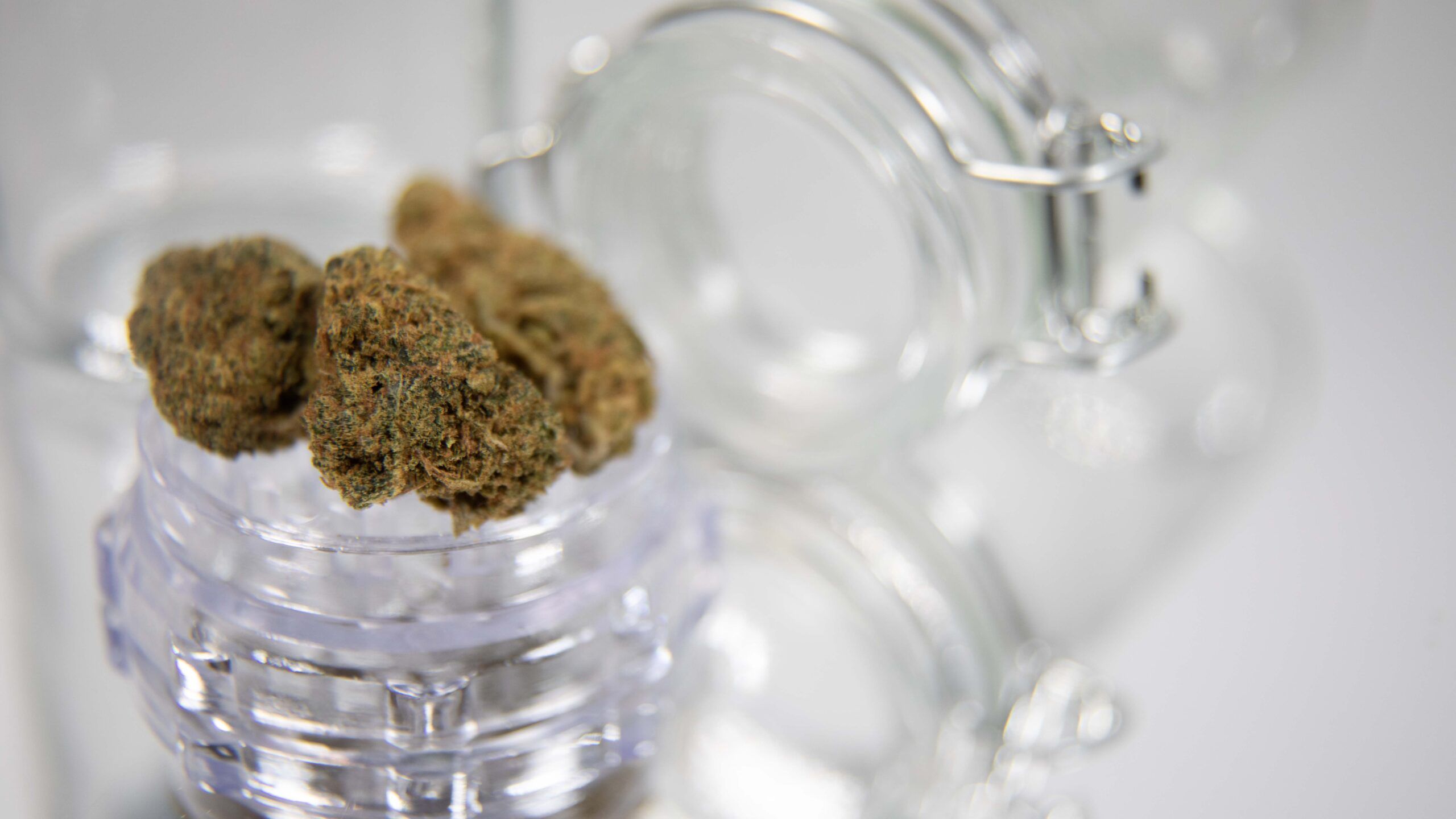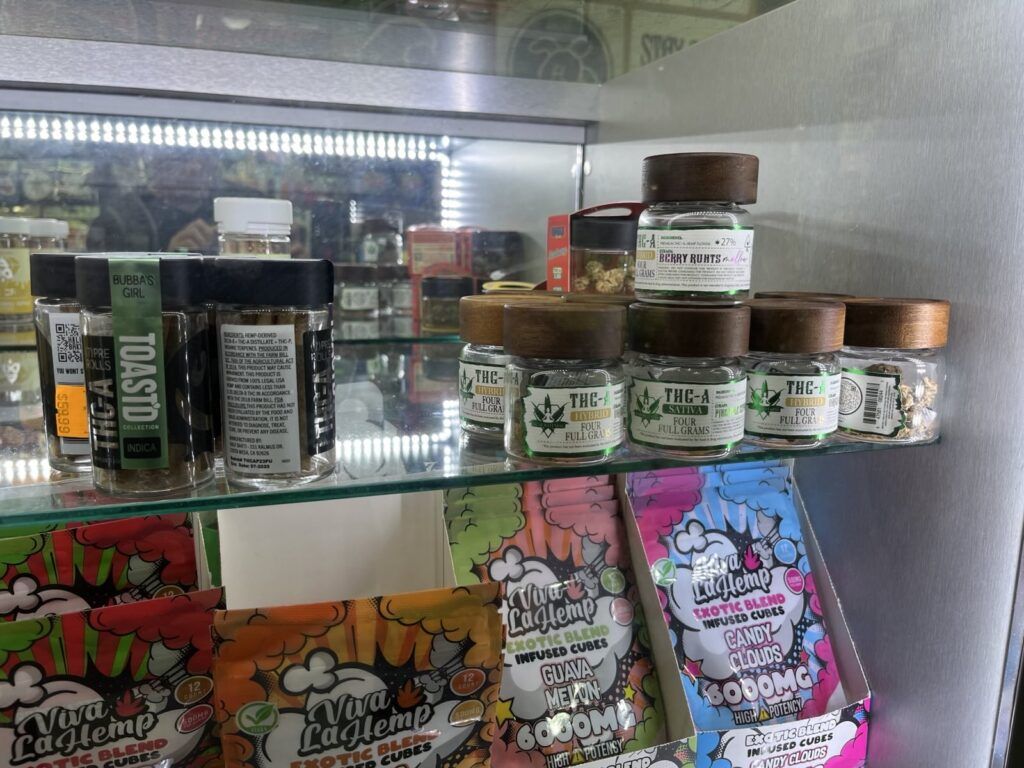-

Understanding the Differences Between Synthetic and Natural Cannabinoids
Cannabinoids, the active compounds found in cannabis plants, have garnered significant attention for their therapeutic and recreational effects. These compounds can be classified into two…
-

Medicinal Cannabis for Autism: Insights from Israel’s Pioneering Approach
Israel has emerged as a global leader in the research and application of medicinal cannabis, particularly concerning its use in treating Autism Spectrum Disorder (ASD)…
CBD vs THC products in Ft Lauderdale, FL – What is more popular?
When it comes to saying what kinds of marijuana products are more popular in Fort. Lauderdale, it can be hard to say.

